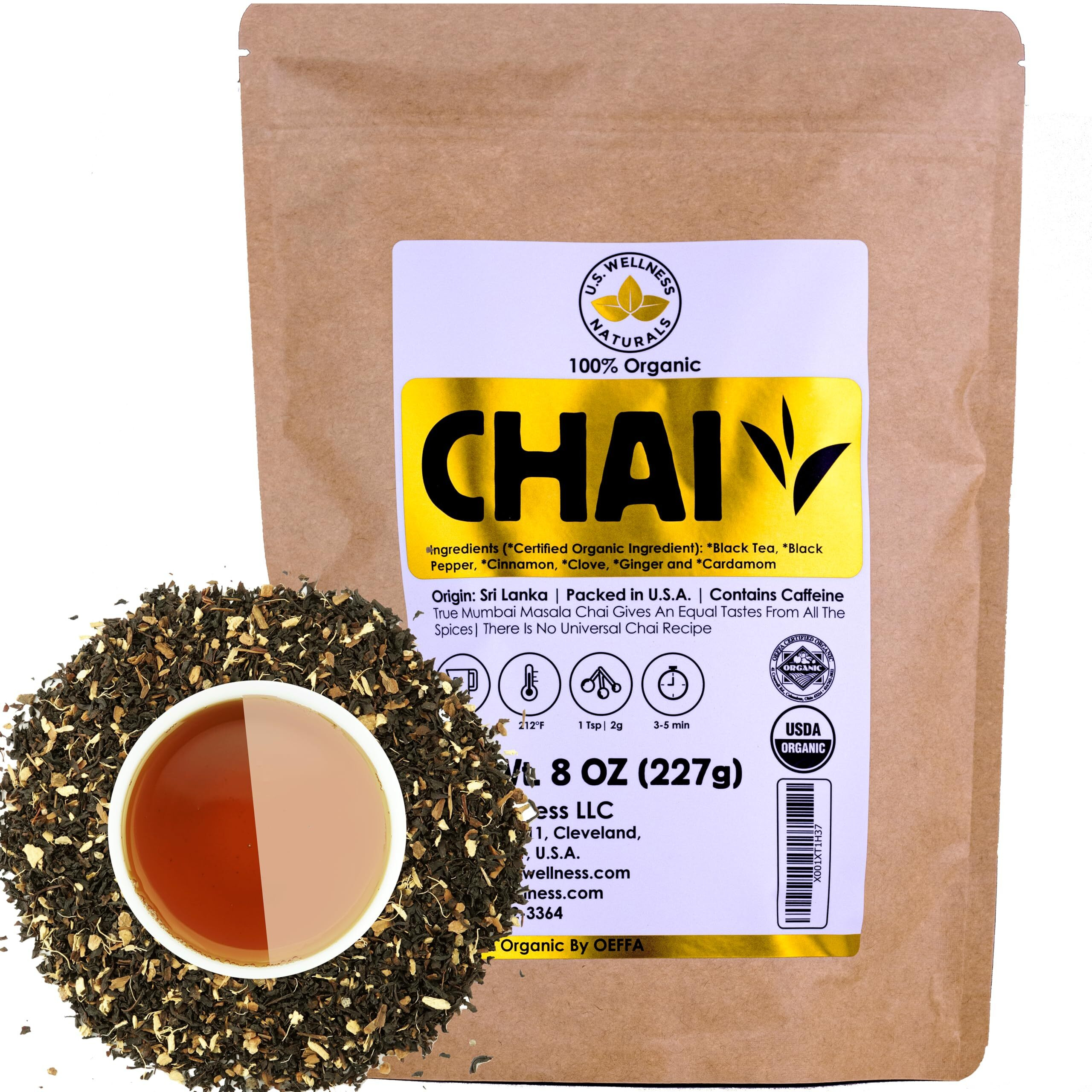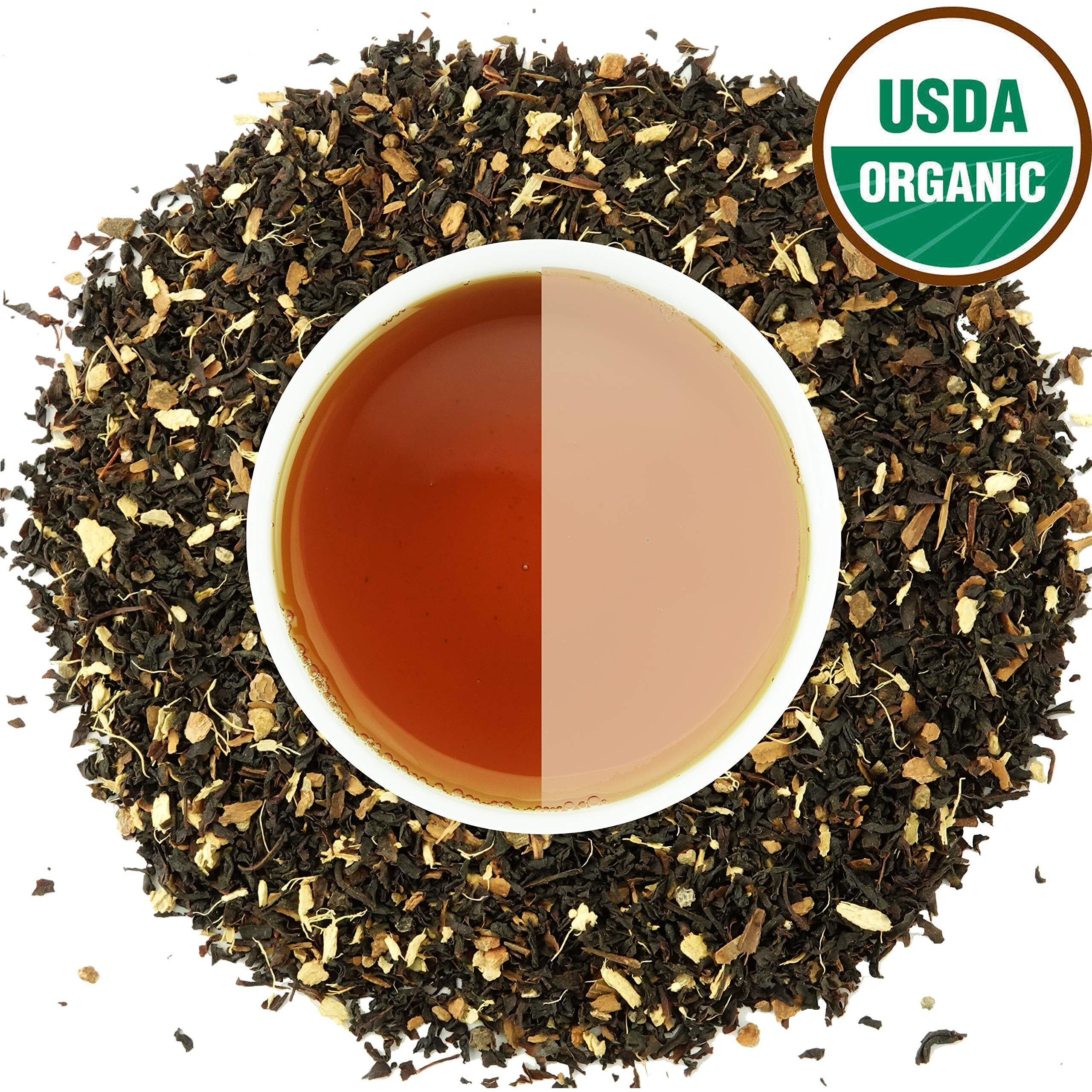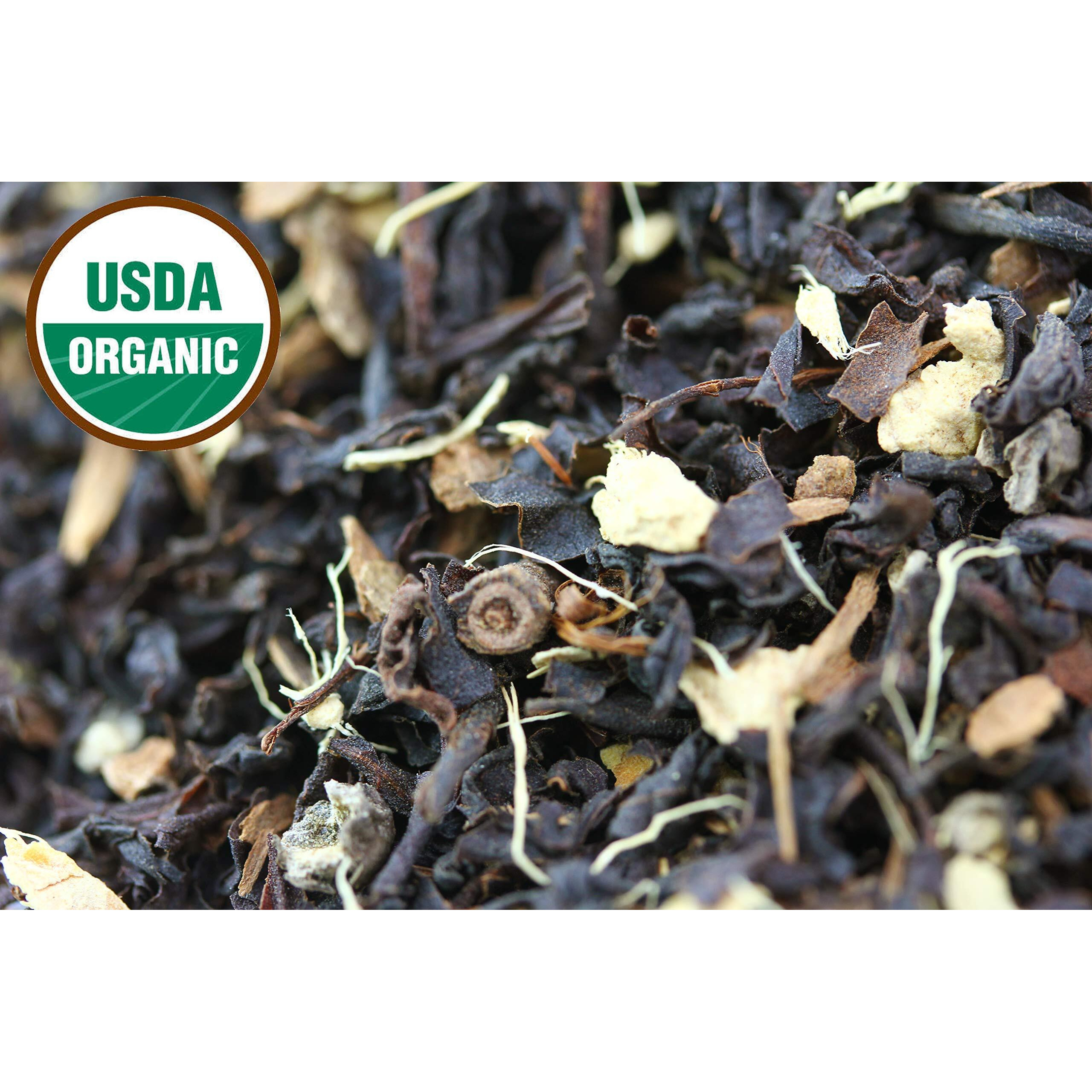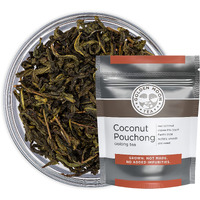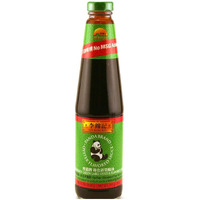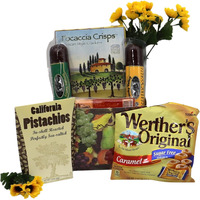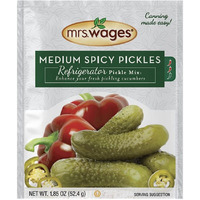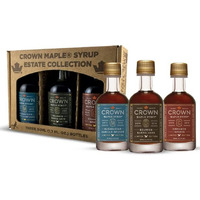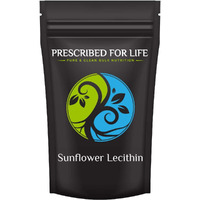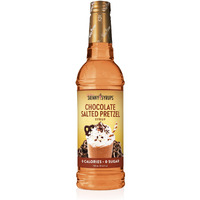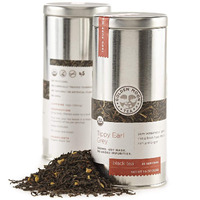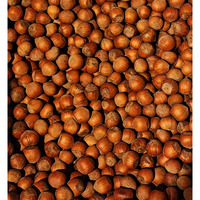Masala Chai Translates Literally To Mixed Spice Tea. It Originated In The Indian Subcontinent, And Has Grown In Popularity Both There And Worldwide. In The United States, It Is More Often Called Simply Chai, Chai Latte, Or Iced Chai Depending On Preparation. In Fact, Though The Word Chai Literally Just Means Tea, It Has Become Synonymous With Masala Chai In The Western World. It Is Worth Noting That Masala Chai Is Really More Of A Class Of Tea Than A Particular Flavor, As The Mixture Of Herbs And Spices Can Vary Drastically From Region To Region In India, Asia, And The Rest Of The World. Similarly, Tea Makers In The United States Use Very Different Mixes Of Herbs And Spices; Though Cardamom Is Typically The Strongest Spice In The Mix, Even This Can Vary. Masala Chai Has Its Roots In India, Where For Centuries People Drank Tea Has An Herbal Remedy Rather Than A Recreational Hot Beverage. The Recipes For Masala Chai Originated In The Ayurveda Texts, And Series Of Ancient Texts On Healing Using Herbal Remedies. Up Until The Mid 1800S, Almost All Tea Brought Into England Was Chinese In Origin (~90%). Soon, Though, Colonists In India And Ceylon Began Trying Some Of These Strong Black Teas That Could Be Cultivated Locally. This Exploded In Growth, And Within A Few Decades, The Tide Had Shifted With Most Teas Being Brought In By India And Ceylon. Despite Their Prominence As Exporters, Tea Drinking Did Not Take Off In India Until A Very Targeted Campaign By The British Owned Indian Tea Association. This Pushed Factories, Manufacturers, And Jobs Of All Sort To Enforce A Tea Break Midday. This Was Appreciated By Workers, And Allowed Tea Drinking To Flourish In India. As It Grew There, Soon The New Idea Of Tea Drinking Combined With The Ancient Herbal Remedies To Give Birth To Masala Chai, And It Quickly Became One Of Indias Most Popular Drinks. In The Western World, Chai Has Exploded As Well, But Not Always Authentically.
Actual product packaging and materials may contain more and/or different information than that shown on our website. We recommend that you do not solely rely on the information presented and that you always read labels, warnings, and directions before using or consuming a product.
For additional information about a product, please contact the manufacturer. Content on this site is for reference purposes and is not intended to substitute for advice given by a physician, pharmacist, or other licensed health-care professional. ZiFiti does not assume liability for inaccuracies or misstatements about products.
Statements regarding dietary supplements have not been evaluated by the FDA and are not intended to diagnose, treat, cure, or prevent any disease or health condition.

